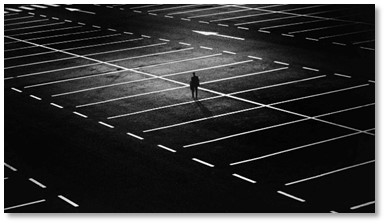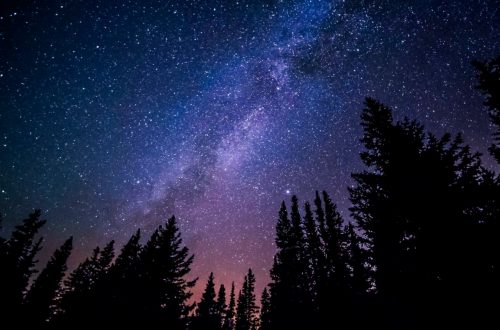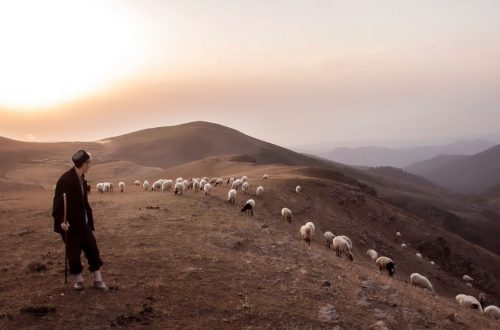If you and your children enjoyed Disney’s live-action version of Cinderella, perhaps you have been looking forward to the March 17 release of the live-action version of Beauty and the Beast. Unfortunately, news has leaked that might temper that enthusiasm.
The director of Beauty and the Beast, Bill Condon, has told a British publication that the new movie will contain an “exclusively gay moment.” According to Condon, Gaston’s sidekick LeFou will be involved in a subplot in which he is wrestling with his sexuality. In director Condon’s own words:
“LeFou is somebody who on one day wants to be Gaston and on another day wants to kiss Gaston… He’s confused about what he wants. It’s somebody who’s just realising that he has these feelings. And Josh [the actor who plays LeFou] makes something really subtle and delicious out of it. And that’s what has its payoff at the end, which I don’t want to give away. But it is a nice, exclusively gay moment in a Disney movie.”
Obviously, the precise depiction of this “exclusively gay moment” is not revealed in the interview. But the editor of the magazine publishing the interview says this:
“It may have been a long time coming but this is a watershed moment for Disney… By representing same-sex attraction in this short but explicitly gay scene, the studio is sending out a message that this is normal and natural – and this is a message that will be heard in every country of the world, even countries where it’s still socially unacceptable or even illegal to be gay… It’s only a first step towards creating a cinematic world that reflects the one in which many of us are now proud to live. But it’s a step in the right direction and I applaud Disney for being brave enough to make it – and in doing so hopefully helping to change attitudes and bring about real social progress.” [underline mine]
Some have suggested that perhaps this news is a publicity stunt and that the depiction may not be as explicit as the director suggests. We cannot be sure until the movie is released. Nevertheless, The Washington Post reports that “the live-action ‘Beauty and the Beast’ will bring an overt depiction of a gay man to the big screen.”
This news is not surprising for anyone familiar with Disney’s pro-gay stance in its corporate practices. Increasingly, these themes have been detected in the content of its films. But now, it looks like Disney is poised to do something more explicit than it has in the past—to introduce an “exclusively gay moment” in a film marketed to children.
Even though I’m not surprised by this, I am disappointed by it. My own children were delighted by the live-action Cinderella that came out in 2015. It was really well done. For that reason, we have been looking forward with great anticipation for another well-done production. But if these reports are true, we won’t be seeing this one.
The reason is very simple. I am not going to let a movie studio communicate to my children that sexual immorality is “normal and natural.” This movie will no doubt be packaged in a narrative and a production value designed to capture their imaginations, but it will do so in a way that conceals a false and destructive message. To let them see this material would go against everything that I am trying to teach them about the good, the beautiful, and the true. If these reports are accurate, this movie would powerfully subvert that effort.
We have to be constantly vigilant about what stories capture our children’s imaginations—even stories from places like Disney. In fact, I should stipulate, especially from sources like Disney. As one friend put it to me:
We don’t allow Disney into our house, except for the older stuff. They are wicked engineers of the imagination. The corruption of the best is the worst.
My friend’s point is a simple one. Our minds and our consciences are shaped more by the stories that frame our experience than by anything else. The story-tellers, therefore, are the “engineers of the imagination.” They can influence and shape us for the good or for ill. They can either reflect or deflect our moral imagination from the true story of the world—and there is but one true story. Virtue involves not only knowing that story but also living life within its frame of reference.
Beautiful productions with compelling stories and sympathetic characters are powerful devices for shaping worldview and imagination. If those devices are turned against the true story of the world—the one featuring a Creator who made us, loves us, and provides a way to redeem us—then they are subversive to what is best for us. And that is where we must be vigilant—not only for our children but for ourselves.
Disney has put me and many other parents like me in the position of having to explain to very small children why this movie is bad for them. But we will do it. And we will use it as a teachable moment about the true story of the world—a story in which we are strangers and aliens in a place that is not our home (1 Peter 2:11). Moments like this one bring that truth home in spades, and it is a lesson best learned early before there is more on the line than the screening of a Disney movie.



